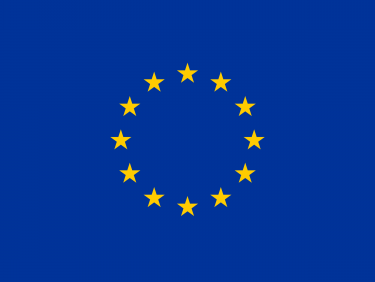Mobility Programme of the European Union ERASMUS
Erasmus, the mobility programme of the European Union, was established in 1987 with the goal of promoting cooperation between universities within the EU and other European countries (EU candidate countries, Switzerland, Norway, Turkey) as well as the mobility of students and instructors.
Erasmus enables students to complete part of their degree programme at a European partner university. No tuition fees are charged and students receive a small monthly mobility allowance. But what makes the programme particularly attractive is the supporting infrastructure: simplified registration process at the partner universities, academic contacts, housing assistance and often language courses at little or no cost.

Universities wishing to participate in the Erasmus Programme require a valid Erasmus Charter (ECHE).
Ruprecht-Karls University (D HEIDELB01) currently has approx. 800 subject agreements with approx. 300 European partner universities. Erasmus grant recipients are selected by their home university. Every year over 700 Heidelberg students and over 500 visiting students take advantage of the Erasmus Programme at Heidelberg University.
Erasmus university cooperations are based on contractual agreements between two European partners in the same academic field. There are Erasmus departmental coordinators at both partner institutions, who are responsible for managing and coordinating exchanges.
Further Information





